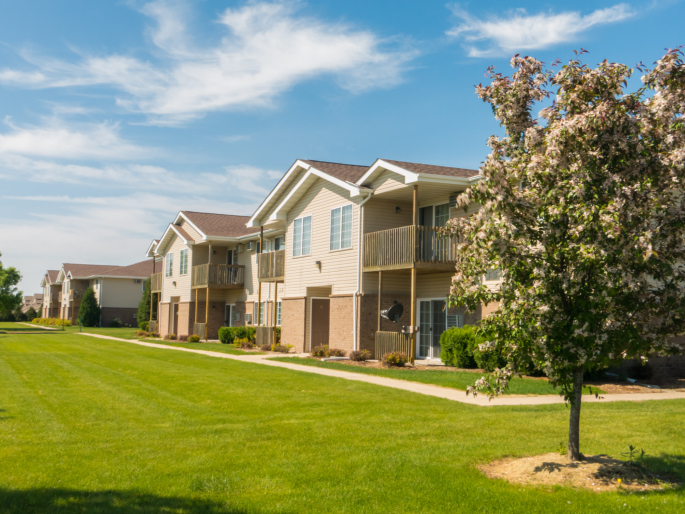Buying an Investment Property? 3 Key Home Features That Will Help Ensure You Turn a Profit
 If you’re entering the real estate investment market for the first time, you’re embarking on a great adventure – and with a solid plan, you can turn a tidy profit on your investment.
If you’re entering the real estate investment market for the first time, you’re embarking on a great adventure – and with a solid plan, you can turn a tidy profit on your investment.
The key to a successful real estate investment is choosing the right property. A great property will reap dividends for years to come. Look for these three features in your next investment property and you’ll have no trouble finding one that turns a profit.
Location: More Important Than You Think
The location of your investment property will be critical in determining how much you earn on it and how long you’re able to keep tenants. And as the saying goes, you can change the color of the walls, you can change the type of flooring, and you can change the layout of the home, but you can’t change the location. So before you do anything else, make sure your new investment property is in a good location.
High cash flow investment properties tend to share certain location characteristics. They tend to be in neighborhoods with great schools and great amenities like pools, parks, movie theaters, and public transit. They also tend to be in an area with quiet, low-traffic, well-kept streets. Great neighborhoods have a low crime rate and don’t mix housing types.
Average Rent Price & Vacancy Rate: Look For Marketability
Aside from local amenities, you’ll also want to consider the average vacancy rate and rent price in your neighborhood. If you can’t cover your costs by charging the neighborhood’s average rent, then the home is a poor investment.
Keep an eye on vacancies in the neighborhood. If there are a high number of vacancies in the area, it could mean that the area’s rental market is seasonal or that renters are no longer interested in it. A low-vacancy area will allow you to charge more rent, and you’ll be more likely to find renters.
Floor Plan: Know The Trends And Buy Accordingly
There are a lot of things you can change if you don’t like your home, but the floor plan is a challenge to rearrange. That means in order to make your property competitive on the market, you’ll want to choose a property with a modern floor plan. Watch the trends and buy a home with a floor plan that’s in demand – you’ll have an easier time finding tenants.
Buying an investment property is a great choice for smart investors, but it’s important to make sure you are in the right position to turn a profit. An experienced mortgage professional can help keep your costs down on your mortgage so that your profits stay high. Contact your trusted mortgage professional today to learn more about what mortgages would work best for your situation.

 If you’re moving to a new city and you’re looking for an affordable home in a nice neighborhood, one great way to get a fantastic home without paying sky-high prices is by choosing a home in an up-and-coming neighborhood. Communities that are starting to gentrify make it easy to find an affordable home, especially if you buy before the prices start to rise.
If you’re moving to a new city and you’re looking for an affordable home in a nice neighborhood, one great way to get a fantastic home without paying sky-high prices is by choosing a home in an up-and-coming neighborhood. Communities that are starting to gentrify make it easy to find an affordable home, especially if you buy before the prices start to rise. If you’re in the process of buying a home, you probably have your deposit and monthly mortgage charges in a spreadsheet, along with a chart of your other expenses and your monthly income. But when it comes to buying a home, there are lots of different costs that will come into play – and it’s easy to forget something. When you’re preparing to close on your new home, make sure you consider these three closing costs that most buyers forget.
If you’re in the process of buying a home, you probably have your deposit and monthly mortgage charges in a spreadsheet, along with a chart of your other expenses and your monthly income. But when it comes to buying a home, there are lots of different costs that will come into play – and it’s easy to forget something. When you’re preparing to close on your new home, make sure you consider these three closing costs that most buyers forget.